SERVE WITH LOVE AND RESPECT
SERVING FOOD
Every Free Food Kitchen is driven and led by the communities they feed and support.
We use 100% of the donations to purchase and deliver fruit and vegetables to six communities across Cape Town.
NURTURING WOMEN LEADERS
Our kitchens are so much more than just a place that serves food.
They are spaces of nurturing and growth. A place where women leaders are enabled and supported to plan, strategize and organize themselves around the creation of feeding hubs.
The women of the community lead the charge. They organize themselves into cooking teams, design the menus around nutritious vegetarian meals, cook the meals in industrial sized pots and then serve their communities, one hot meal at a time.
These kitchens give the communities and women control, dignity and respect. A luxury in communities where abuse and hunger is common place.
GROWING COMMUNITY ENTREPRENEURSHIP
The communities take great pride in being part of their Free Food Kitchens. The fruit and vegetables are purchased from female street vendors, helping to support and grow women’s economic empowerment at a community level.
THE HISTORY OF THESE COMMUNITIES…
People often ask, “How did these communities get to be so impoverished?”
These communities weren’t built by choice.
They were created, by force, at the hands of Apartheid’s architects.
…IS THE LEGACY OF APARTHEID
The Group Areas Act of 1965 decided who got to live where and why.
It all depended on what Race Group you were classified – White, Black, Coloured or Indian.
During the 1950 and 1960s many communities of colour (ie non white) were forcibly removed from their homes by bulldozers and police vans and relocated to “Coloured, African and Indian” residential areas. Even now, you will still find racial segregation straddling economic lines in many residential areas in South Africa.
In addition to this, the Western Cape was declared a Coloured preferential area.
This meant that African people were regarded as migrants in this province.
Many Coloured and African people were housed in municipal houses and flats, which they rented. Those who couldn’t afford the rents moved into the backyards of these houses and later vacant land, where they built basic shacks made of scarps and aluminum sheets. And so these backyards and informal settlements grew alongside unemployment and a lack of basic services like running water and electricity. Now decades later, many of the areas in these informal settlements still have no running water or electricity. And so the cycle continues.
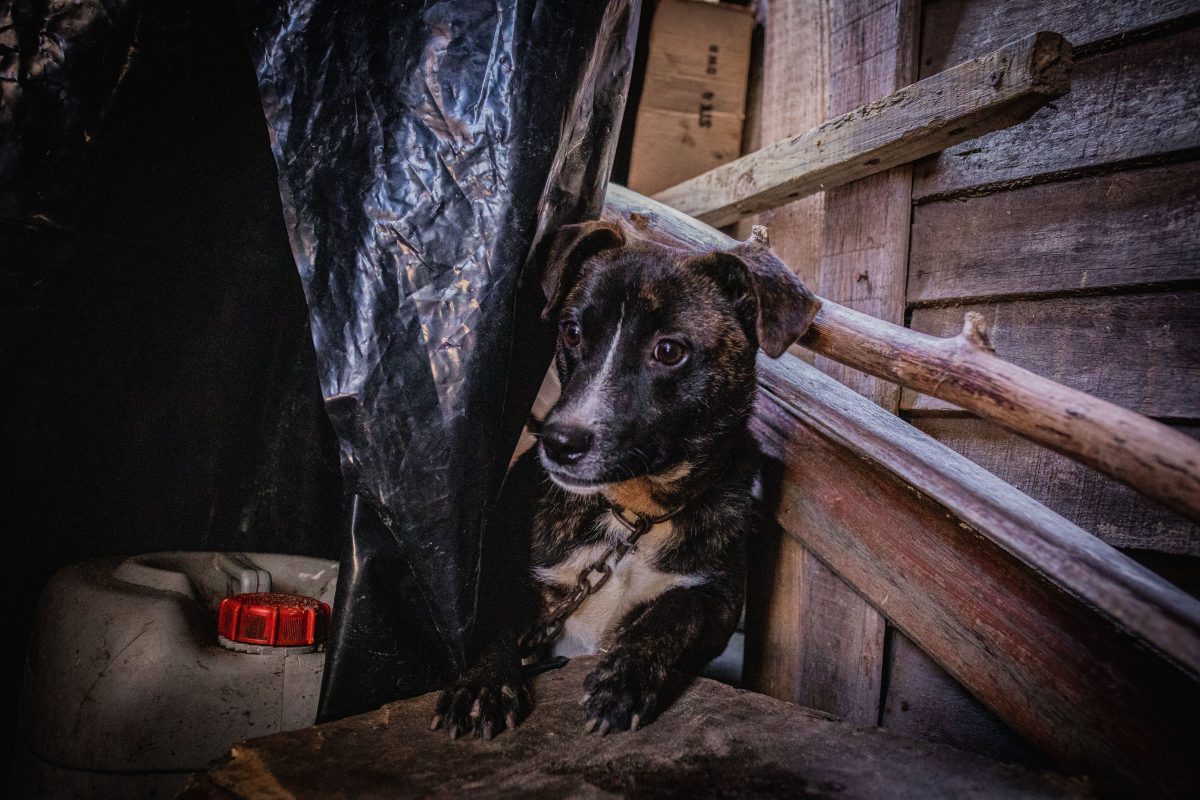
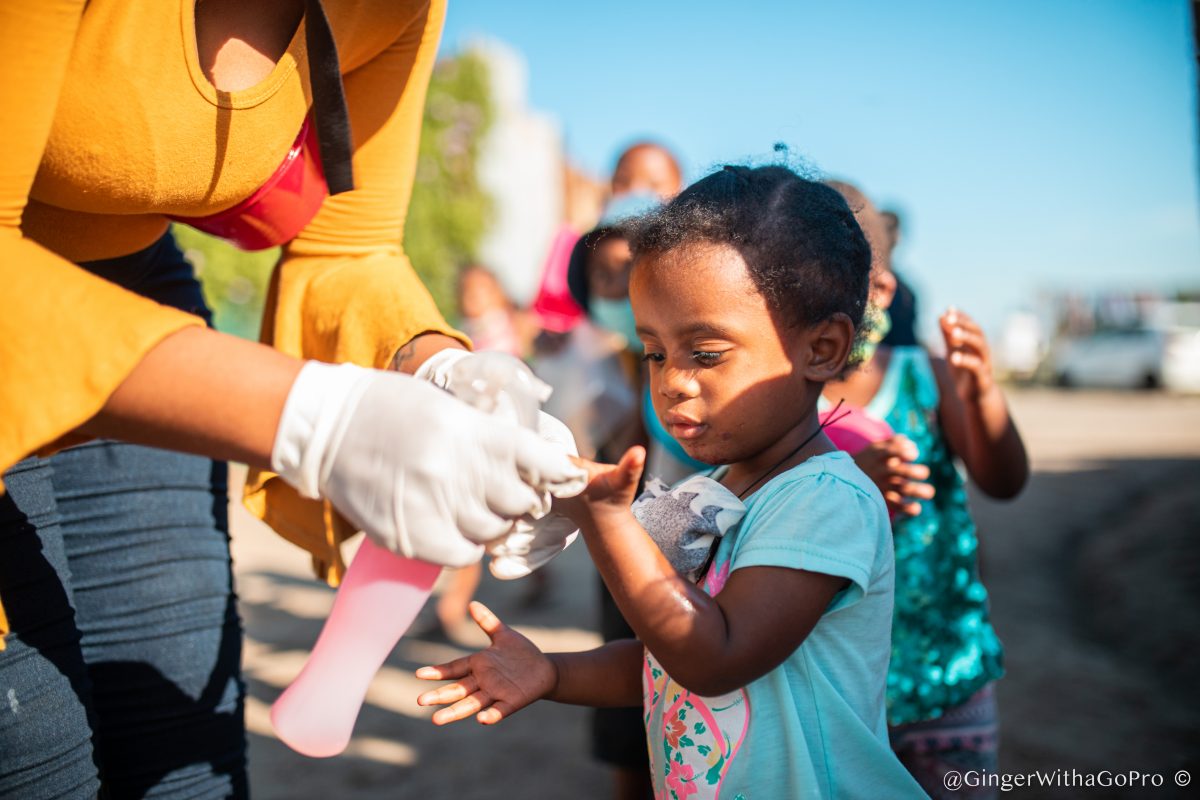
DIVINE DOG KITCHEN
When humans go hungry, the dogs and cats starve.
When we first started serving our hot meals at the Free Food Kitchens, it was hard to ignore the emaciated dogs scrounging the floor for scraps. There were none. Our kitchens were barely keeping up with the growing human need.
As animal lovers, who respect all sentient beings, we knew we had to dig deep into our pockets and find a way to buy dog and cat food.
This gave rise to our Divine Dogs Kitchens, where we serve the dogs and cats after we have served the humans.
In our view it’s hard to separate human and animal need. Dogs love humans unconditionally. Cats bring them comfort. The best we can do is to feed them.
OUR FREE FOOD KITCHENS ARE LOCATED IN…
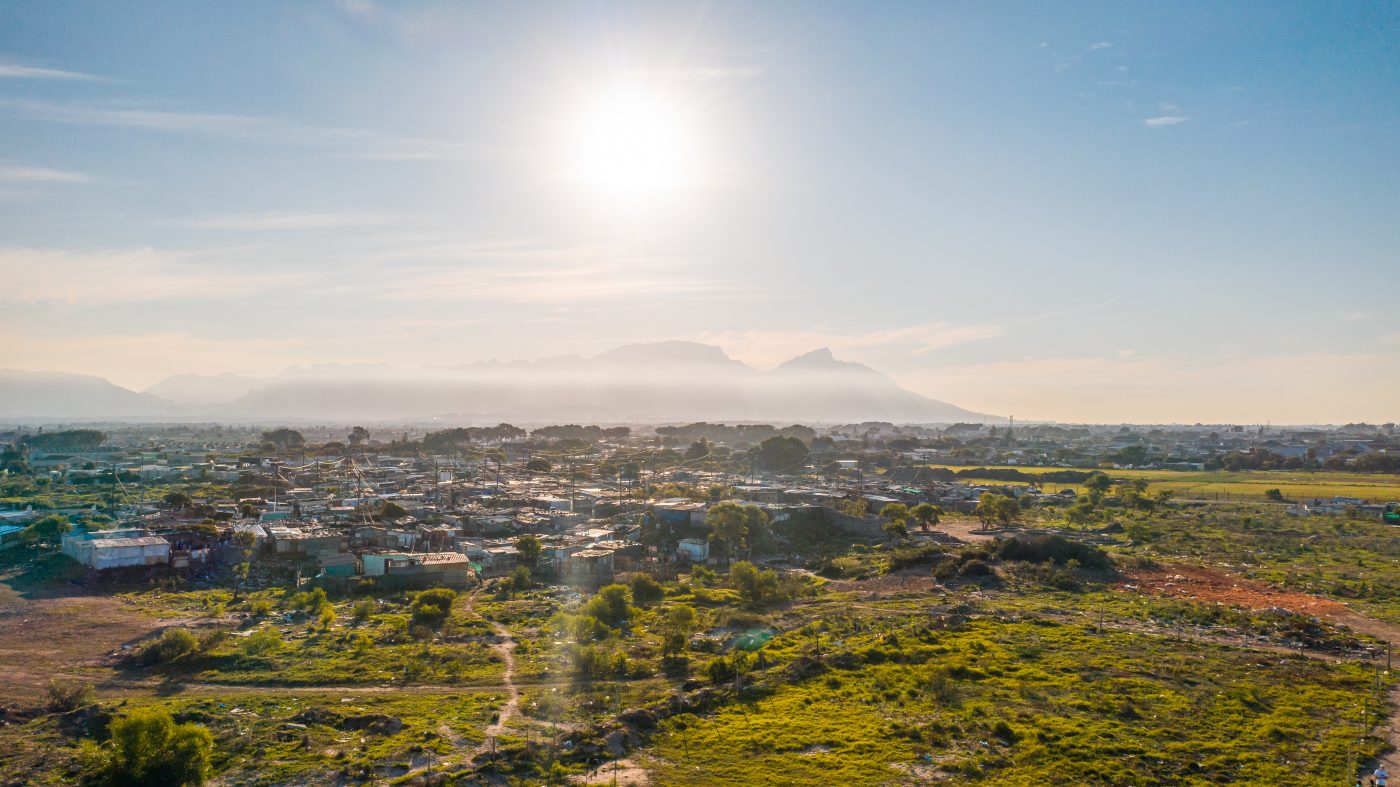
GROWING FOOD. HARVESTING FOOD SECURITY
Free Food Kitchen is harvesting more hope by embarking on a sister project called FREE FOOD GARDENS The intention is to reach and teach communities about growing their own organic food through sustainable gardening.
FREE FOOD GARDENS is a simple way for low-income communities to:
- reconnect with nature
- better understand the principles of health and nutrition
- strengthen food security
- grow into a possible source of income generation
It’s the missing link that can help build conscious communities, from the soil up.
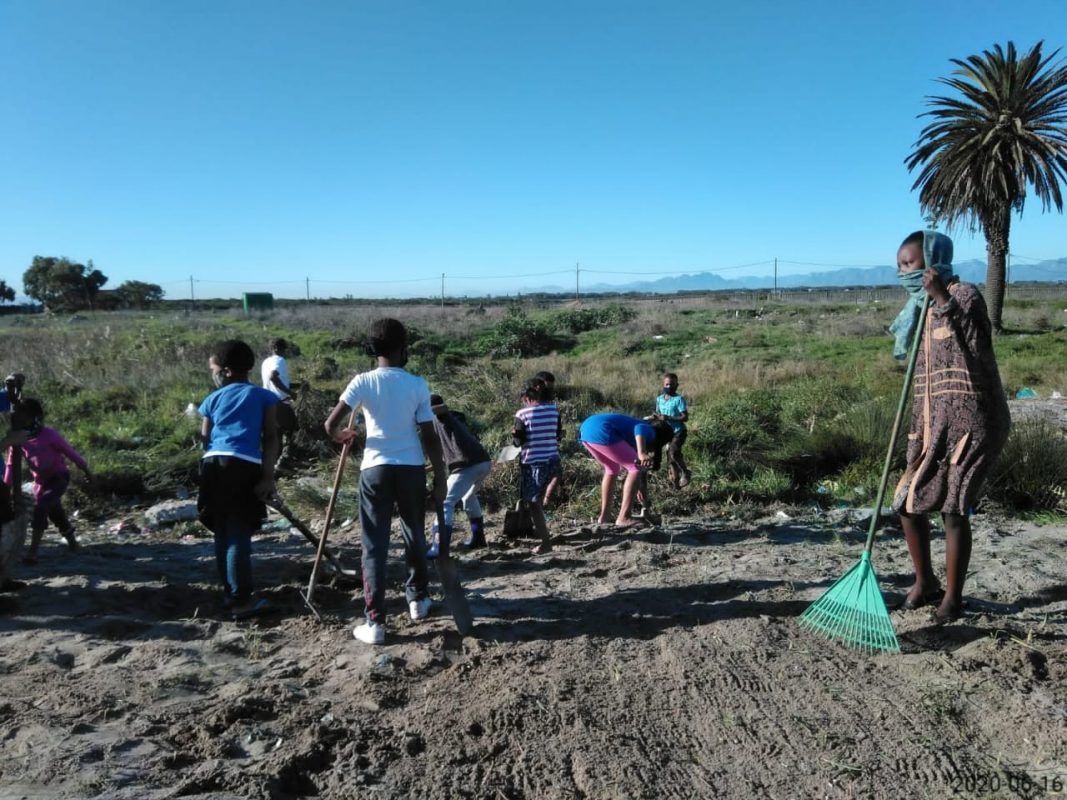
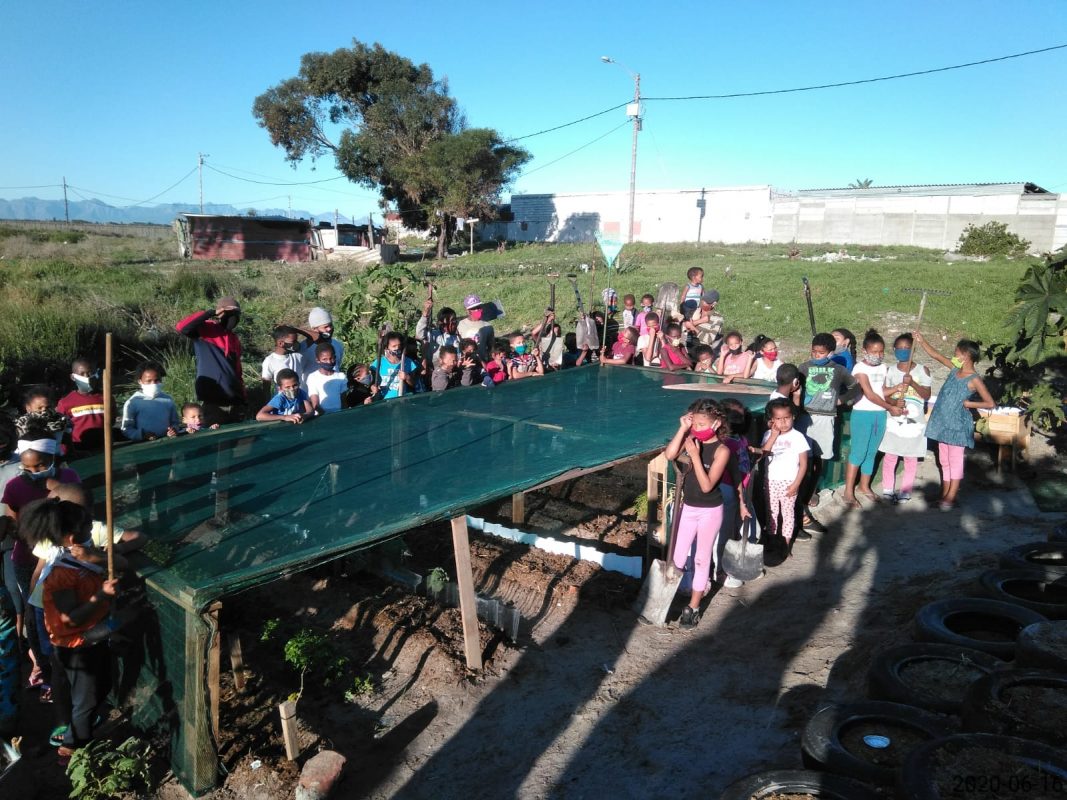
OUR FREE FOOD KITCHENS ARE LOCATED IN…
SMALLVILLE
In 2006, residents from the Constantia Wholesale Nursery were moved to “Bloudakke”, and soon after evicted. After settling a court case, they moved to “Erf 540” which later became the township of Smallville. Even though just a small community of 54 residents, the economic and social challenges they face are deep and extensive. The biggest struggles facing Smallville are unemployment, lack of electricity and, as in most of Cape Town’s impoverished townships, extreme substance abuse.
Many mothers who continue to drink alcohol during their pregnancies give birth to babies with Foetal Alcohol Syndrome, who then grow up into children with severe learning disabilities.
It is in Smallville that Adrian “Ola” Williams and five other ladies started a soup kitchen, which grew into a Revolutionary Yoga Free Food Kitchen, which proudly (and consistently) serves food to the community five times a week.
PHILLIPI
The community in Phillipi was built through an organisation initiated by women with a common goal – decent homes for their children. The houses in the area, which the women missioned and petitioned for, were beautifully built and made bond-free for future families to inherit – a major accomplishment for any black community. The owners of these homes are mostly domestic workers. The meals served from the Free Food Kitchen are their way of sharing the spirit of Ubuntu and showing respect to the their surrounding communities which continue to struggle for such basic freedoms.
HAZENDAL – BOKMAKIERIE
Hazendal is part of the major “coloured” district of Athlone, based in greater Cape Town. Its division is typical of Apartheid’s legacy. Instead of being a division of race, it’s now a division of class – where the more educated and well-off families (with proper housing and access to healthcare) are situated in the upper part while those located a few streets away, in avenues known as Bokmakierie, suffer from poverty, rife gangsterism, extreme unemployment and drug addiction. It is here, in the heart of Bokmakierie, that the Free Food Kitchen opens its doors and arms to the community every week.
KHAYELITSHA
One of the largest and most populated black townships in South Africa, comprising mostly of shacks without running water and electricity. The mostly Xhosa-speaking (one of the 8 indigenous languages of South Africa) population live in conditions of extreme poverty. During Apartheid, this community was regarded as a place for migrant workers, providing cheap labour to the wealthy white suburbs in the South. Sadly, this is still the case today. With high unemployment and low household incomes, Rosy’s Soup Kitchen has been serving food to hundreds of children, every morning, for over two decades. Even though it’s just a small drop in a sea of extreme poverty, this kitchen makes a difference to these children who not only get to have a meal today, but every day.
LAVENDER HILL
Lavender Hill—nicknamed “Gangland” and “the most dangerous place on the Cape Flats”— is a coloured Township situated in an areas known as “the Cape Flats” in greater Cape Town. After the passing of the Group Areas Act of 1950, it became illegal for people of different races to live in the same area. As a result, in 1966, District Six was declared a “whites only” area. Between 1966 and 1980, 60 000 people who lived in District Six were forcibly removed and their houses, shops and memories were bulldozed to the ground by the Apartheid government. Although gang groups such as “Mongrols” were notorious in District Six, the forced removals worsened the social conditions of the community, fueling further turf warfare, violence and drug addiction.
HANOVER PARK
Created as a place where people of colour were relocated after their forced removal from segregated areas, this community is largely controlled by gangsters who think nothing of killing innocent bystanders during shoot-outs. People live in fear of violence and sudden death every day. To escape the horrors of daily life, drug addiction is rife. This, coupled with an unemployment rate of 90% means that poverty, child neglect and food insecurity are endemic. Receiving a regular hot meal means the world to this community and gives them a fighting chance to lead healthy lives with more grace and dignity.